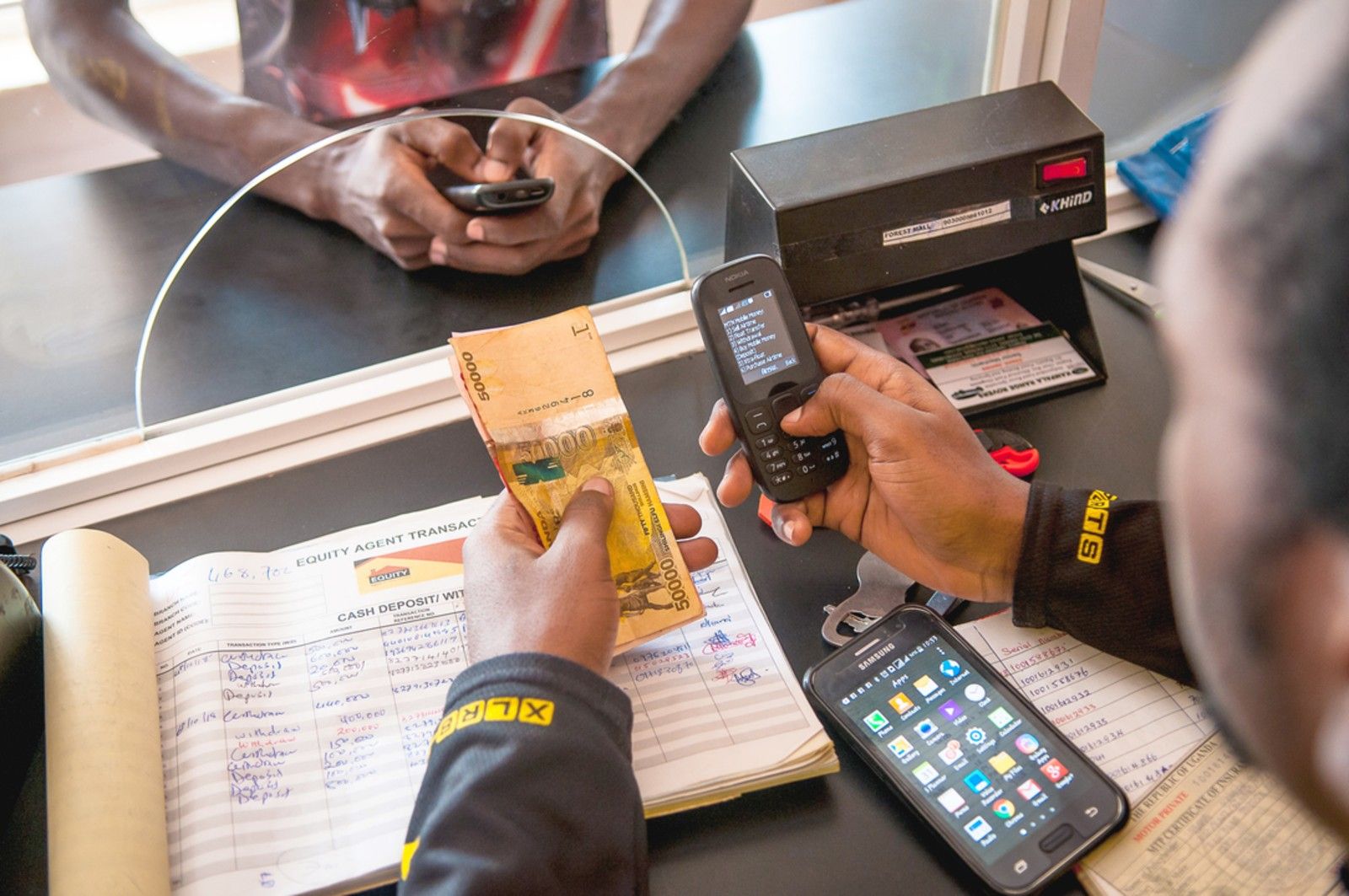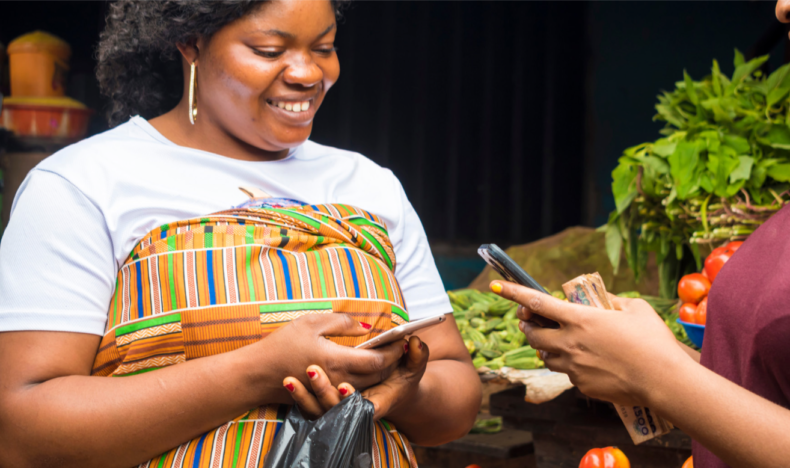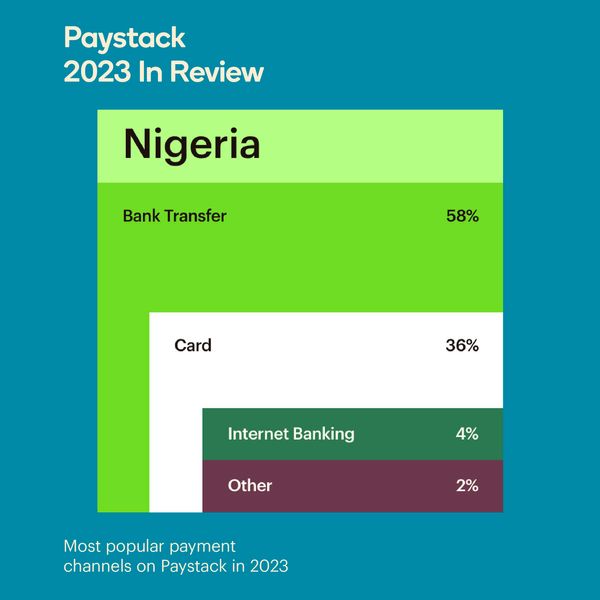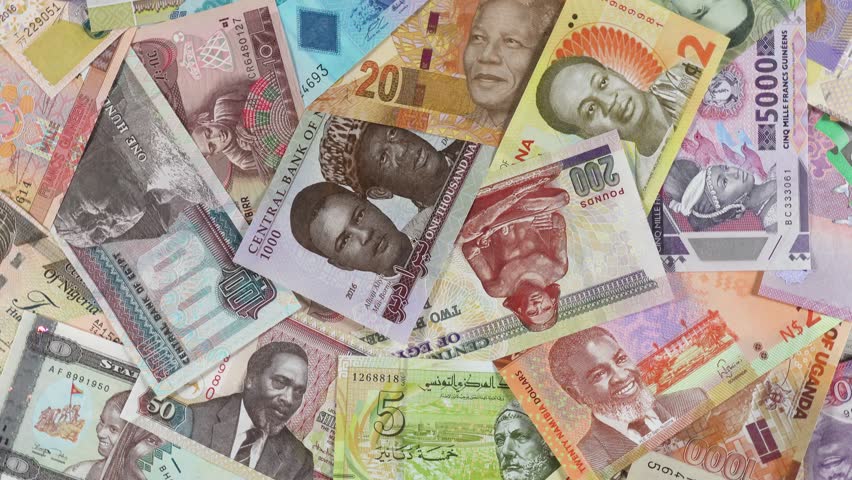World Bank indicates that Africa is nearing its first recession in 25 years. However, the true picture that defines the continent which has made a habit of defying expectation and prediction, is that of a young population, a growing consumption market, and its current fast movement towards mobile inclusion and connectivity. Africa is poised for change mobile and internet technology-led transformation.
According to the GSMA, 84% of Africans will have access to a SIM connection over the next few years, while mobile payments will be critical for empowering individuals, businesses and the economy as a whole.

Africa has undergone a remarkable journey over the past 30 years. It has not only leapfrogged legacy technology and systems into a more relevant future, but it has done so in spite of challenging circumstances. This is particularly relevant when it comes to mobile – the technology, the connectivity, and the financial inclusion.
Payment solutions are crucial
African payment solutions are crucial to improving the free flow of funds to facilitate business and economic activity. Payment technology helps individuals from all walks of life to manage their money securely and is therefore equal to putting a bank in every person’s pocket. Digital payments optimize engagement while improving transparency and control over finances and business. They also empower the small to medium enterprises (SMEs) by giving them a wider scope for inclusion and access to customers and markets.
A McKinsey & Company study released in June 2020 posits that ‘innovation in payments should be one component of the industry’s response to the crisis’, and this should include promoting awareness of digital payments, partnering with other industries, and introducing new and relevant products.
It is therefore time to educate businesses and individuals about the costs and risks of cash payments as opposed to digital.
The continent may not have stunning statistics at the moment, but few continents currently do. And more importantly, Africa is on the edge of a future with a vast potential to transform the general standard of living, the ease of doing business and its economy on the whole.
South Africa In Focus
Population: $58.5 million (Compared to Nigeria's 200.9 million)
GDP: $351.4 billion (Compared to Nigeria's $448.12 billion)
GDP Per Capita: $6,040 billion (Compared to Nigeria's $2,030)










